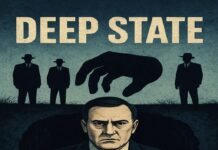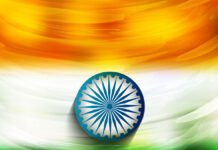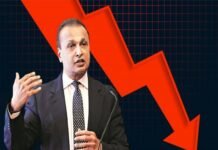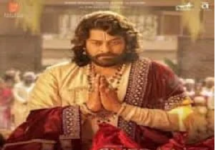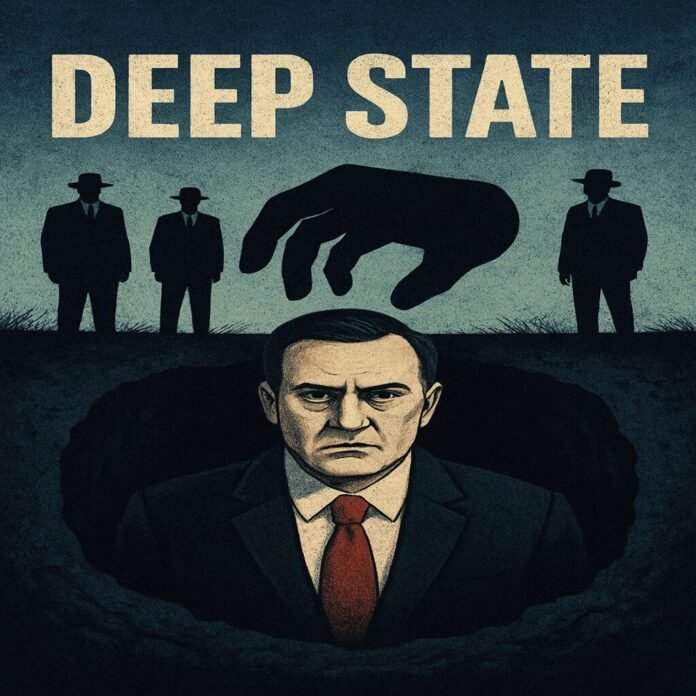
Introduction:
Indian politics has always been a dynamic mix of democracy, power struggles, and shifting alliances. Over the years, discussions around hidden power networks and backdoor influences have gained attention, often linked to the concept of the
and theories of political conspiracy.
While India’s democratic system stands tall as one of the largest in the world, many analysts, journalists, and citizens question whether unseen forces sometimes shape the course of events. This article explores how the deep state and political conspiracies are perceived within the Indian political landscape.
What Is the Deep State?
The term deep state refers to an invisible network of influential bureaucrats, intelligence officials, military officers, and business elites who allegedly operate beyond the reach of elected governments. In India, the idea has been used in different contexts:
- To describe hidden networks that continue policies irrespective of ruling parties.
- To suggest bureaucratic resistance against reforms that challenge traditional power centres.
- To indicate collusion between influential corporate groups and state machinery.
Although evidence of a formal deep state is debated, many political watchers believe certain entrenched institutions play a significant role in shaping policy outcomes behind closed doors.
The Role of Political Conspiracy in Indian Politics
Political conspiracy is not new to India. From colonial times to modern democracy, secretive plots and allegations of backroom deals have defined political rivalries. Conspiracies may include:
- Supposed cover-ups in high-profile cases.
- Hidden funding channels during elections.
- Attempts to destabilize governments using defections or engineered crises.
- Allegations of foreign interference influencing policies.
Such narratives often thrive because of India’s vast democracy, where transparency sometimes struggles against secrecy and political manoeuvring.
Historical Examples of Deep State and Conspiracies in India
1. The Emergency (1975–77)
The Emergency declared by then Prime Minister Indira Gandhi remains one of the most cited moments when India’s democratic institutions were subdued.
Critics argue that certain bureaucratic and security networks became tools of a political conspiracy designed to suppress dissent, laying the foundation for deep state-like narratives.
2. Assassinations and Political Turmoil
The assassinations of leaders such as Mahatma Gandhi, Indira Gandhi, and Rajiv Gandhi have long been linked to conspiracy theories. While investigations were carried out, unanswered questions and speculation around hidden hands continue to fuel discussions.
3. Coalition Governments and Alleged Manipulation
In the 1990s and 2000s, when coalition governments were frequent, rumours of backdoor deals, secret alliances, and manipulation by power brokers dominated headlines.
Many analysts saw these as signs of an entrenched deep state influence over fragile governments.
Modern-Day Political Narratives
Allegations of Media Manipulation
In today’s digital era, control of the narrative is as important as control of votes. Accusations of a political conspiracy involving selective media coverage or suppression of certain viewpoints have become common.
Intelligence and Surveillance
Debates around surveillance, digital data monitoring, and privacy often touch upon the idea of a deep state. Critics claim that advanced monitoring systems, if unchecked, could strengthen hidden power networks.
Judiciary and Bureaucracy
The independence of the judiciary and neutrality of the bureaucracy are pillars of Indian democracy. However, whenever controversial judgments or administrative moves occur, suspicions of hidden influence surface, reviving the deep state debate.
Why Conspiracy Theories Gain Popularity
Political conspiracy theories in India gain momentum for several reasons:
- Complex governance: With layers of decision-making, it is difficult for citizens to know who holds real power.
- Secrecy: Sensitive defence, intelligence, or foreign policy decisions often remain classified.
- Partisan politics: Rival parties frequently accuse each other of hidden plots.
- Media amplification: Social media platforms make it easy for rumours and half-truths to spread rapidly.
Public Perception: Fact or Fiction?
For many citizens, the deep state remains a shadowy concept—an explanation for why governments often fail to deliver on promises or why sudden political upheavals occur.
Whether real or exaggerated, these perceptions matter because they influence trust in institutions.
Some see the deep state as:
- A guardian force, maintaining stability against political chaos.
- A manipulative power, undermining democracy by putting hidden agendas above public interest.
Did the USA Start Deep State Politics in India?
The idea of a “deep state” refers to unelected power structures—often involving bureaucracy, intelligence agencies, and influential elites—that shape policies beyond the control of elected representatives. In India, the debate over whether such dynamics exist, and whether the USA had any role in fostering them is complex.
-
Cold War Context: During the Cold War, the US actively sought influence in South Asia to counter the Soviet Union’s ties with India. Washington’s interests sometimes collided with New Delhi’s non-alignment policy.
-
CIA Activities: Historical records indicate that the CIA monitored Indian politics closely in the 1950s–70s, especially during Indira Gandhi’s rule. Allegations persist that US agencies funded certain groups or cultivated contacts within India’s bureaucracy and media.
-
Emergency Period (1975–77): Some Indian leaders accused foreign powers, particularly the US, of encouraging dissent and possibly amplifying unrest, though concrete evidence remains thin.
-
Economic Reforms of 1991: The US supported India’s liberalization policies, which strengthened American influence. Critics argue this created long-term leverage over Indian policymaking, resembling deep-state style influence through economic means.
-
Present-Day View: While India’s power structures are largely homegrown, geopolitics and foreign lobbying have historically had a role. However, a full-fledged US planned “deep state” in India remains more theory than proven fact.
In essence, US pressure and interventions may have influenced Indian politics, but India’s internal power dynamics shaped its own version of established bureaucratic and political networks.
Safeguarding Democracy Against Hidden Powers
If India is to strengthen faith in its democracy, addressing concerns about political conspiracy and deep state influence is crucial. Key steps include:
- Strengthening transparency in governance and decision-making.
- Empowering watchdog institutions such as the Election Commission, CAG, and the RTI framework.
- Ensuring judicial independence and protecting investigative bodies from political interference.
- Promoting free and fair media, while reducing misinformation.
- Enhancing civic education, helping citizens critically evaluate conspiracy narratives.



